
views
Finding Inspiration

Read the latest magazines. Fashion magazines will obviously have lots of full-page advertisements featuring handbags. But don't forget to look at other kinds of magazines. Lifestyle, celebrity, and even home magazines may show handbags that catch your eye. You don't have to limit yourself to the most recent magazines. In fact, older magazines may have classic styles that may become popular again.
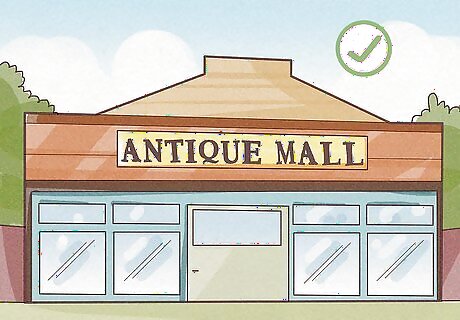
Visit antique malls or estate sales. If you want a chance to get some ideas in person, go to antique malls or estate sales. There's no telling what you may find, but you'll be exposed to vintage and classic styles. You may even purchase a vintage handbag to alter and improve to your own tastes.

Ask around. If you've been having trouble locating a bag you like and you happen to see someone with a bag that catches your eye, ask where she got it. There's a small chance that you could also purchase one, but if not, you'll at least have another place to look.

Talk to your family. Ask family members if they have any old handbags that they no longer want. You may find something you like, or could at least alter to fit your style.
Planning Your Handbag
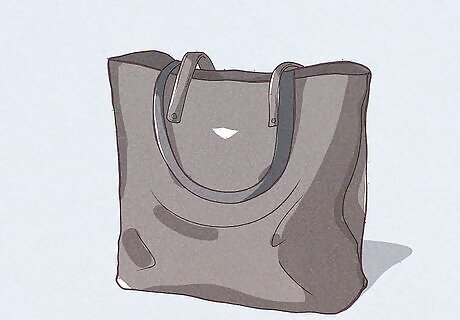
Consider what size you want. If you tend to carry around a lot, you'll need a larger purse. If you simply want to have a few things on hand, choose a smaller option. You should also make sure that the size of the handbag works with your personal style. For example, if you're a petite person, an enormous handbag will emphasize your small frame.
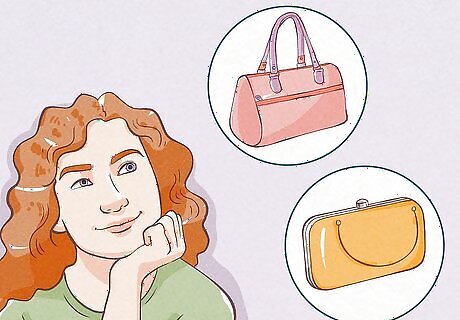
Decide the shape of your handbag. If you know you want a larger bag, think about a duffle, hobo, or bucket shape. If you want a smaller bag, consider a clutch, envelop, or wristlet. If you're unsure what kind of handbag you like, go to a store and carry several different styles till you find one you like.
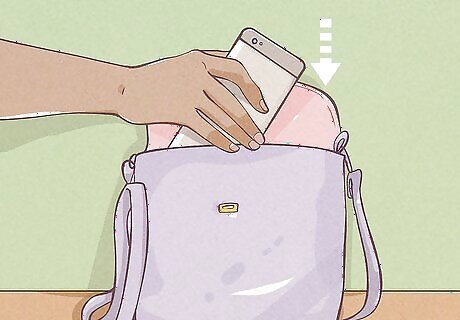
Think about the function of the bag. Not all handbags work in all circumstances. If you're going to a swanky formal event, you won't want to carry a messenger bag. And you probably wouldn't carry a rhinestone studded clutch with you to class or the grocery store. The handbag needs to match the situation.
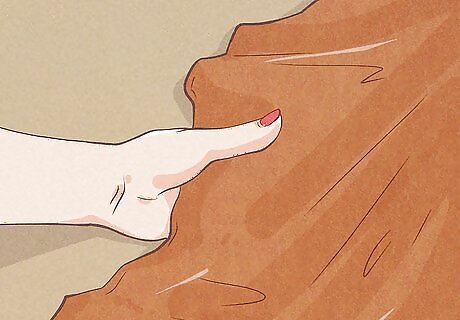
Choose a fabric. The fabric you choose will be one of the biggest indicators of your handbag's cost. You could choose from a variety of leathers (the more exotic being more expensive and difficult to find). Leather is long-lasting, can feature patterns, and can be dyed. Canvas is also commonly used in larger bags. Silk and velvet are rarer options. If you plan on sewing your own bag, test the fabric you chose. Sew a few scraps together to make sure your machine can handle it and to see if the fabric holds together well.
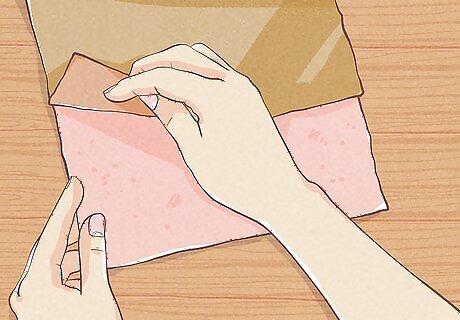
Pick a color. Choose blacks and browns if you're looking for a safe, classic color that works with just about anything. Metallic colors can give your bag an edgy modern look. Bright bold colors make eye-catching handbags, especially if your wardrobe is pretty neutral.
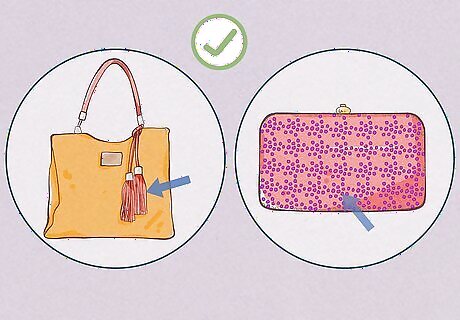
Add embellishments. You'll need to decide what kind of a handle you want. Do you want one long metal chain, two smaller rigid handles made from the same material as the bag, or no handles? You'll also need to decide if and where you want zippers or other closures. Apply studs, tassels, beading, or sequins to add a little extra emphasis to your handbag.
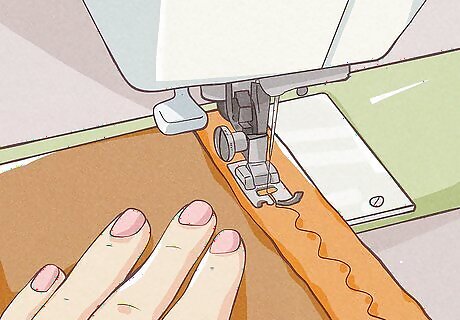
Create a pattern and sew your handbag. If you have experience with sewing, take your sketch and create a detailed pattern. Use your pattern to cut out fabric and assemble your handbag using a sewing machine. Apply any embellishments by hand, if necessary.
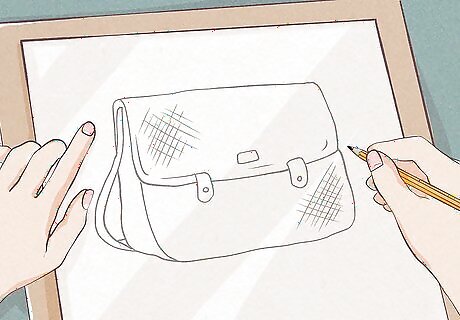
Take your sketch to a designer for assembling. If you're not confident in your sewing skills or just want to make sure you end up with a professional look, find someone to create your handbag. Check for local people skilled in leather work or sewing bags. If you can't find someone in your area, look online. Many companies will work with you to create a bag based off your own design.




















Comments
0 comment